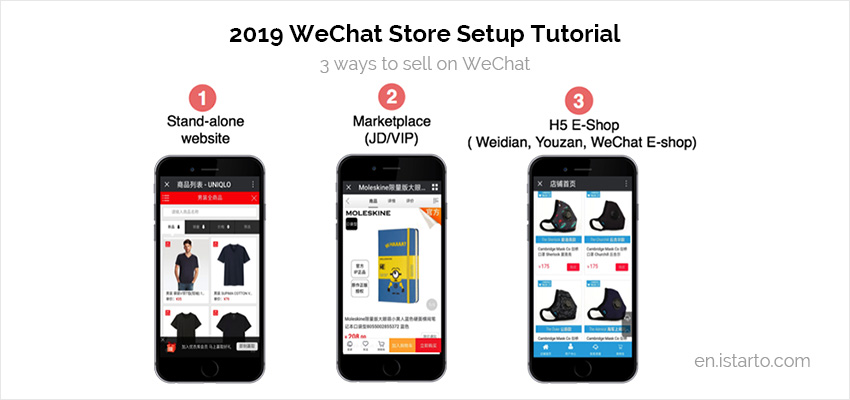

Its model encourages users to recommend products to friends and family to gain discounts, and heavily leverages WeChat, China's dominant messaging service, which is owned by Pinduoduo-backer Tencent Holdings. "Pinduoduo is similar to Facebook that we designed our feed-based model to recommend products to users," Victor Tseng, vice president of corporate development at Pinduoduo, told Reuters. Pinduoduo, in contrast, set its sights on bargain-hunters in lower-tier cities. But it was hard to persuade residents in lower-tier cities that they needed to shop for luxury goods online. The two e-commerce giants built their businesses on the country's burgeoning middle class, competing intensely to woo big international brands like Burberry or Valentino to set up online stores. Out of everyone's expectation there came Pinduoduo, emerging with a completely different set of practices to engage with users," said Keso Hong, a independent internet commentator in China.Īnalysts say Pinduoduo gained a foothold in the market thanks to the shortcomings in some of Alibaba and JD.com's models. "China's e-commerce has been a duopoly market for years. New users from those areas spent on average 2,300 yuan during that period, Alibaba said, However, Pinduoduo's annual spending per active buyer, at 1,467.50 yuan at the end of June, is lower than that of Alibaba, which said in September that users from less-developed areas who have been on its platforms for five years spent on average 10,600 yuan in the 12 months that ended in March. JD.com has 321.3 million annual active customer accounts.

Pinduoduo reported 483.2 million active buyers at the end of June, versus Alibaba's 674 million. Pinduoduo is ranked second in the number of active buyers, analysts say. In September, Alibaba ran "Super Bargain Day," which took aim at such users with generous coupons and prices halved for 1 million items.
Jd.com jingxi wechat pay how to#
Started four years ago by a former Google engineer, Pinduoduo has become one of China's biggest retail disruptors, breaking the dominance of Alibaba and JD.com by persuading users like Wu, who live in China's smaller cities, to start shopping online.Īlibaba and JD.com have for years tried to unleash rural China's spending power, teaching residents how to use their online platforms and using drones for deliveries to remote spots, with mixed results.īut the success of Pinduoduo's model, which offers users deeper discounts on mostly generic products if they buy in groups, and encourages them to share purchases through messaging app WeChat, is driving Alibaba and JD.com to make a fresh push into China's lower-tier cities.Īlibaba and JD.com now both have e-commerce apps similar to Pinduoduo's and say that they anticipate strong growth from rural consumers. "So I've started using Pinduoduo more to buy fruits and snacks."

"It's mainly because my friends said the items there are cheap," he said. The 47-year-old resident of Yanzhou, a small town in China's eastern Shandong province, typically bought groceries from local stores.īut messages from friends asking him to join their group purchases of fruits at bargain prices on the website Pinduoduo finally persuaded him to open an account there. By Sophie Yu, Yingzhi Yang and Brenda GohīEIJING/SHANGHAI (Reuters) - Wu Weidong was never much of an online shopper.


 0 kommentar(er)
0 kommentar(er)
